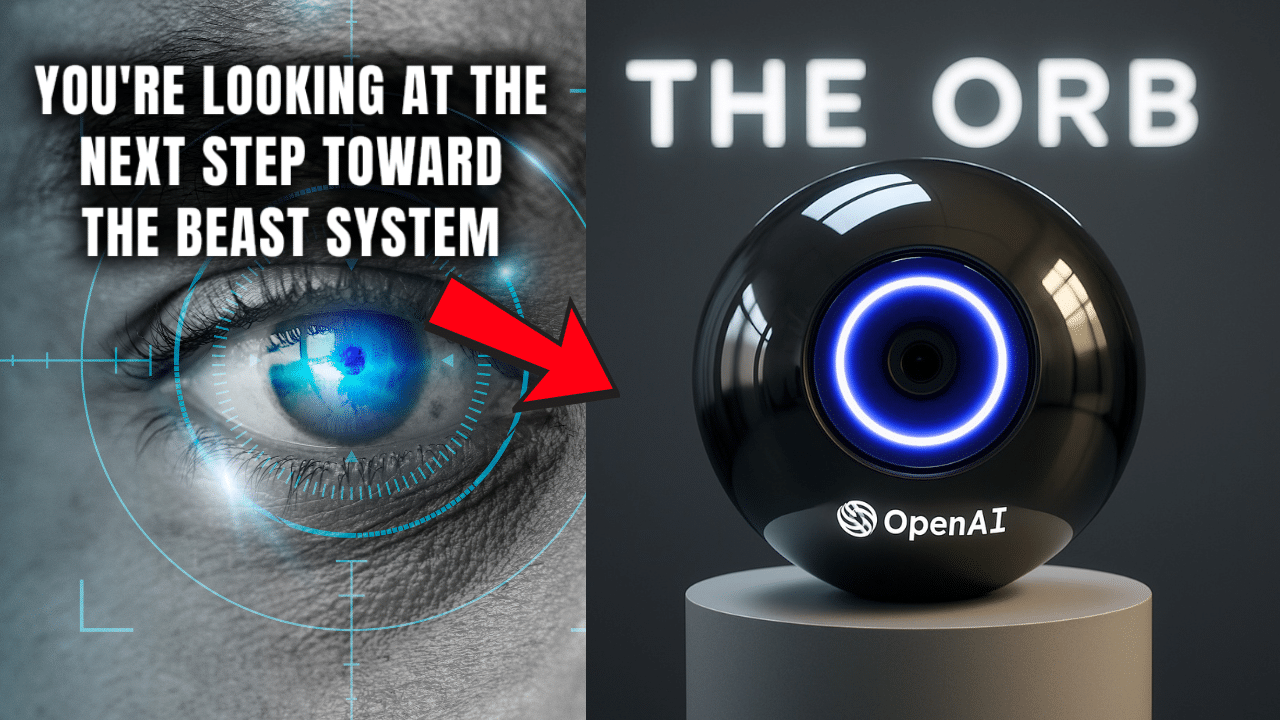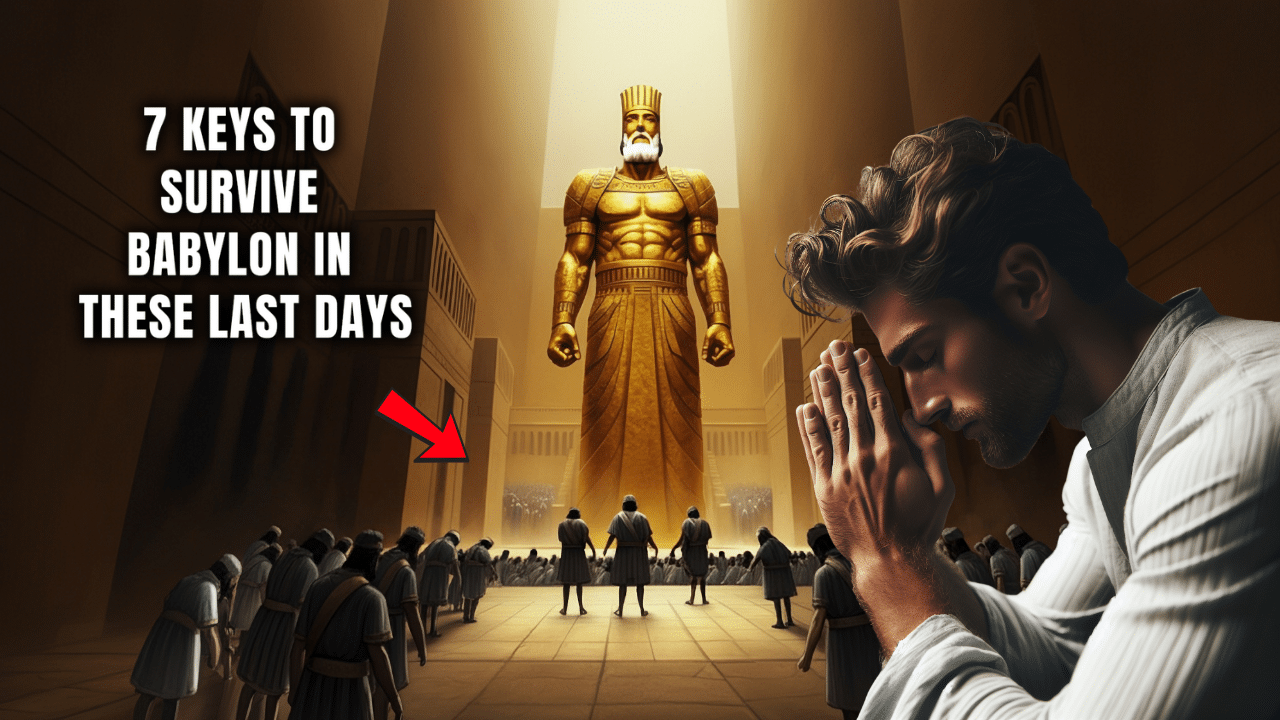(OPINION) An upcoming service called “Seance AI” is being built by a software development lab called AE Studio, where its creator, a designer named Jarren Rocks, isn’t shy about the straightforwardness of the product’s name or its intent.
While other companies often talk around any implication of resurrecting the dead, Rocks leans full-tilt into the ghoulishness — and according to him, it’s very intentional.
“We’re trying to make it sound as magical and as mystical as possible,” Rocks told Futurism, saying the name is a call to attention over how advanced large language model (LLM) tech has gotten.
LLMs, after all, are convincing simulacra. People are forming deep parasocial bonds with them, and at least one person is alleged to have died as a result of their interactions with an AI chatbot.
If a user is looking for a final conversation with someone they’ve lost, maybe it is better to give them a product that blatantly claims to allow them a brief conversation with the deceased, rather than imply that the soul of a dead friend or parent is trapped in ChatGPT. (Seance AI is powered by OpenAI’s API.).
According to Futurism, Rocks also emphasize the seances’ brevity. Often, after a loss, whatever last words or moments you had with someone, good or bad, are seared into your memory. And in many cases — an accident, say — there’s often no goodbye at all. Rocks likens his product to an AI-generated Ouija board for closure, rather than a means of immortality.
“It’s essentially meant to be a short interaction that can provide a sense of closure. That’s really where the main focus is here,” said Rocks. “It’s not meant to be something super long-term. In its current state, it’s meant to provide a conversation for closure and emotional processing.”
Another example of this was the account of James Vlahos who lost his father to cancer in 2017, and recorded several instances of his father’s stories while he was alive and managed to channel these into a chatbot which would eventually prove to be the catalyst for his product “Hereafter AI”.
According to AIBC, Not only does this program allow someone to communicate with a phenomenally life-like replica of a loved one but enables them to “live on” sort of speak in a “life-story avatar”.
With the very recent leaps and bounds being achieved in the field of AI of late, revisiting this possibility seemed like an extremely exciting avenue to pursue. Coinciding with the QingMing Festival, funeral companies are taking the abilities of some seminally influential AI technologies such as ChatGPT, and AI generator Midjourney to not only resynthesise a deceased loved one but create new experiences from the replication.
In many ways generating a profoundly immersive experience. These incredibly powerful technologies can mimic the deceased’s personality, appearance, voice and draw on memories so that individuals can experience their loved ones well after they have departed.
A fitting technology to be showcased for the QingMing festival which is also known as tomb-sweeping day, which falls on the 5th of April this year. Observed by ethnic Chinese across the world who pay their respects to their ancestors and loved ones by cleaning their tombs and placing offerings.
The first funeral company to conduct a funeral using AI technology was Shanghai Fushouyun in January of 2022. A company that typically offered digital funeral services, with this advancement seemingly like a logical step forward.
Bloggers on the Chinese video-sharing website Bilibili have shared their experience using AI to speak to their loved ones who have died.
One blogger, Wu Wuliu, uploaded a video to the platform in March called “Generating my grandma’s virtual digital human using AI tools” that detailed how he used ChatGPT, AI painting, and speech synthesis to create a moving avatar of his late grandmother.
He discussed growing up in a single-parent family and being raised by his father and grandmother, as well as his regrets about not being able to see her one last time before she died. Thanks to technology, he was able to.
“The video I made is mainly to ease my regrets through the use of AI technology and help me to not think so much of the past,” he said in the blog post as reported by The Straits Times.
Once again, we have to ask ourselves, what could possibly go wrong with embarking on something of this nature crossing the ethical boundaries of even life and death. One can easily see how this technology is going to evolve into something far more sinister and will not be able to be contained.










